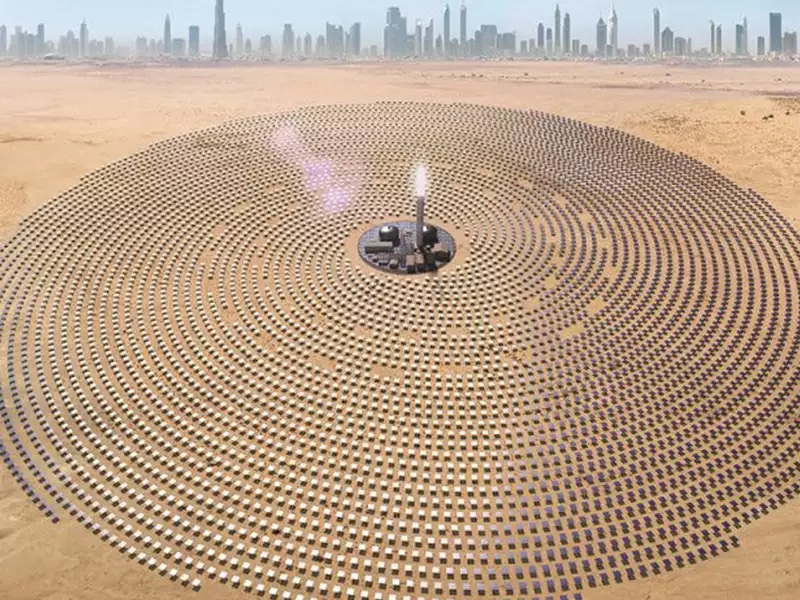Industry news
January 13, 2025
The Thai plastics market is projected to experience an average annual growth rate of over 4% during the forecast period. The market faced a negative impact from the COVID-19 pandemic, which led to a decrease in plastic production due to supply chain disruptions. However, following the easing of restrictions, the sector is showing a strong recovery. The anticipated growth in industrial activity is likely to positively influence the market in question.
In the short term, the increased use of plastics in construction and the rising demand for food and beverage packaging are contributing factors to market growth. Conversely, stringent government regulations aimed at banning plastic are expected to hinder market expansion during the forecast period. On a positive note, the increase in investments in biodegradable plastics is likely to create opportunities for market growth in the coming years.
January 3, 2025
The first Memorandum of Understanding (MoU) on green mineral cooperation was signed by Bahlil Lahadalia, Indonesia's Minister of Energy and Mineral Resources, and Wang Wentao, the Chinese Minister of Commerce.
The MoU signing took place at the Great Hall of the People in Beijing and was observed by the two countries' presidents.
As per a statement from the Ministry of Energy and Mineral Resources (ESDM), a second MoU concerning mineral resources cooperation was also signed by Lahadalia and Zheng Shanjie, the chair of the China National Development and Reform Commission (NDRC).
Following the signing, Lahadalia remarked, "The MoUs signify a new chapter in the strategic partnership between Indonesia and China." He further noted that this collaboration will not only enhance the sustainable mineral supply chain but also stimulate significant investment in clean energy development in both nations.

November 9, 2024
In 2022, approximately $7 trillion was allocated to subsidize the fossil fuel sector, which encompasses direct subsidies, tax incentives, and the unaccounted health and environmental costs of fossil fuel usage.
In contrast, an annual investment of roughly $4.5 trillion in renewable energy is necessary until 2030. This investment will include advancements in technology and upgrades to infrastructure, crucial for achieving net-zero emissions by 2050.
While the initial financial burden may seem overwhelming for many low-resource nations, requiring aid and technical assistance for a successful transition, the benefits of investing in renewable sources are substantial. The anticipated reduction in pollution and climate change impacts alone could result in global savings of up to $4.2 trillion per year by 2030.
Additionally, efficient and dependable renewable technologies foster a power system that is less vulnerable to market disruptions, enhancing resilience and energy security through a diversified energy supply.
As part of the Clean Energy Strategy 2050, Dubai aims to attract foreign direct investments and develop public-private partnership programs to implement new projects in renewable energy. The city plans to become a global center for clean energy by 2050.
To support the Dubai Clean Energy Strategy, a "Green Fund" has been established with a budget of 27.2billion, which will provide low – interest loans to those who invest in clean energy sources. Additionally, an innovative research center utilizing 3D printing technology will be built in the emirate. This center will focus on developing new technologies in the field of clean energy, including testing equipment for solar panels, 3D printing, and drones. Furthermore, 136 million will be invested in scientific projects aimed at implementing smart grids, improving energy efficiency, and generating electricity from solar power.
